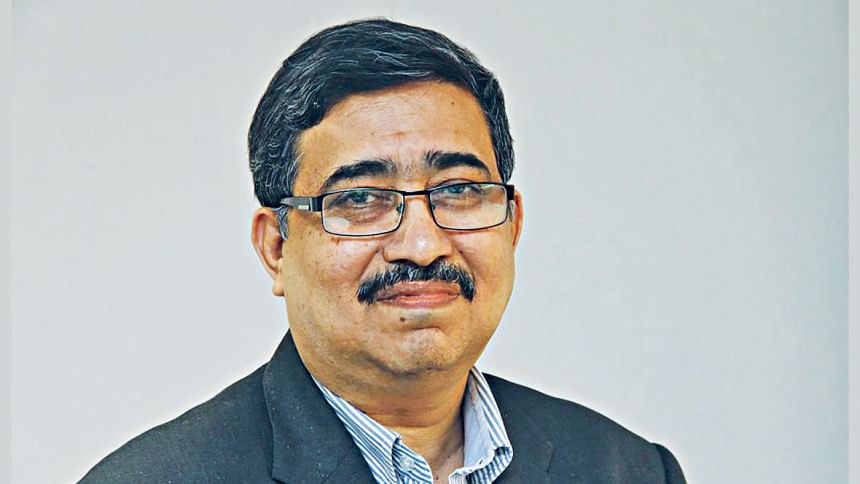Scaling up startups in Bangladesh

It was possibly 2008 when my seniors at Citigroup India realised it was becoming hard for global companies to attract IIM (Indian Institute of Management) or IIT (Indian Institute of Technology) graduates as they were building their own startups. It took PwC there to decide in 2016 that it should align more with the emerging startup ecosystem to drive optimum solutions for the client's transformation journey.
Across the world, startups are vehicles through which people come together to develop a scalable innovation. However, Bangladesh's skepticism about the prospects of futuristic ventures like AI assistants is loudly visible in the mere $73 million investment in local startups while India received more than $11 billion in 2023.
Startups in Bangladesh are applying new technologies to add efficiency to archaic processes starting from reducing fuel imports to improving healthcare. The startups working on education have enabled students in remote villages to access quality coaching through internet-enabled phones. By streamlining payments, mobile financial service providers have accelerated the flow of commerce and added significant value to citizens.
Alongside warranting dedication from some smartest citizens, these breakthroughs needed to run experiments to reinforce their ideas, which require investment with no guaranteed success. Entrepreneurs need talented individuals and take on the risk of building these systems.
The mechanism of startup investments differs from investing in established businesses. While startup ecosystems drive economic progress, individual startups are high-risk, high-reward bets. Venture capitalists (VC) specialise in evaluating these businesses and estimating their success probability, but again the VC sector in Bangladesh is still in its infancy.
Bangladeshi entrepreneurs mostly go to banks to raise capital, and the banking sector prefers lending to traditional businesses to investing in startups.
The foreign exchange crisis and political uncertainty have severely impacted late-stage funding in Bangladesh. Top companies are starving for capital as their strategy depends on an evolving ecosystem. Foreign VCs have shied away due to various macro concerns, so have local investors. This lack of late-stage activity will hurt early-stage companies from growing.
Comfortable "exits" have been instrumental in stimulating domestic investments in other countries. For any investor, a key consideration is how they will eventually sell out their investment. For example, the sale of Skype to Microsoft in 2011, Estonia's first exit, created a chain reaction. Since then, Estonia has produced a dozen unicorns and at least two decacorns, which are referred to companies valued at more than $10 billion each.
The lack of exits is holding back Bangladeshi startups. Unlike Estonia, with its mere 1.3 million population, the success of bKash has not yet unleashed the funding landscape here. We are left in a chicken-egg limbo where startups can't scale due to a lack of capital, and capital avoids the ecosystem due to a lack of exit opportunities.
Exits happen in two forms: (i) sale of the company, or (ii) listing the company on a stock exchange. Both return money to early investors. In Bangladesh, the number of buyers is currently limited, but our consumer-driven economy is bound to make Bangladeshi startups attractive acquisition targets for international giants soon.
Nevertheless, the sale of companies is suboptimal. Creating that kind of value requires pursuing an IPO and a serious commitment to the vision. But most importantly, cultivating a supportive ecosystem that drives innovation and encouragement to bring young minds to the table is necessary.
The startup ecosystem in Bangladesh has developed almost organically. To reach the next level, it requires a coordinated master plan. Success will hinge on collective actions from capital allocators, regulators, founders, and other stakeholders.
The author is an economic analyst.

 For all latest news, follow The Daily Star's Google News channel.
For all latest news, follow The Daily Star's Google News channel. 



Comments